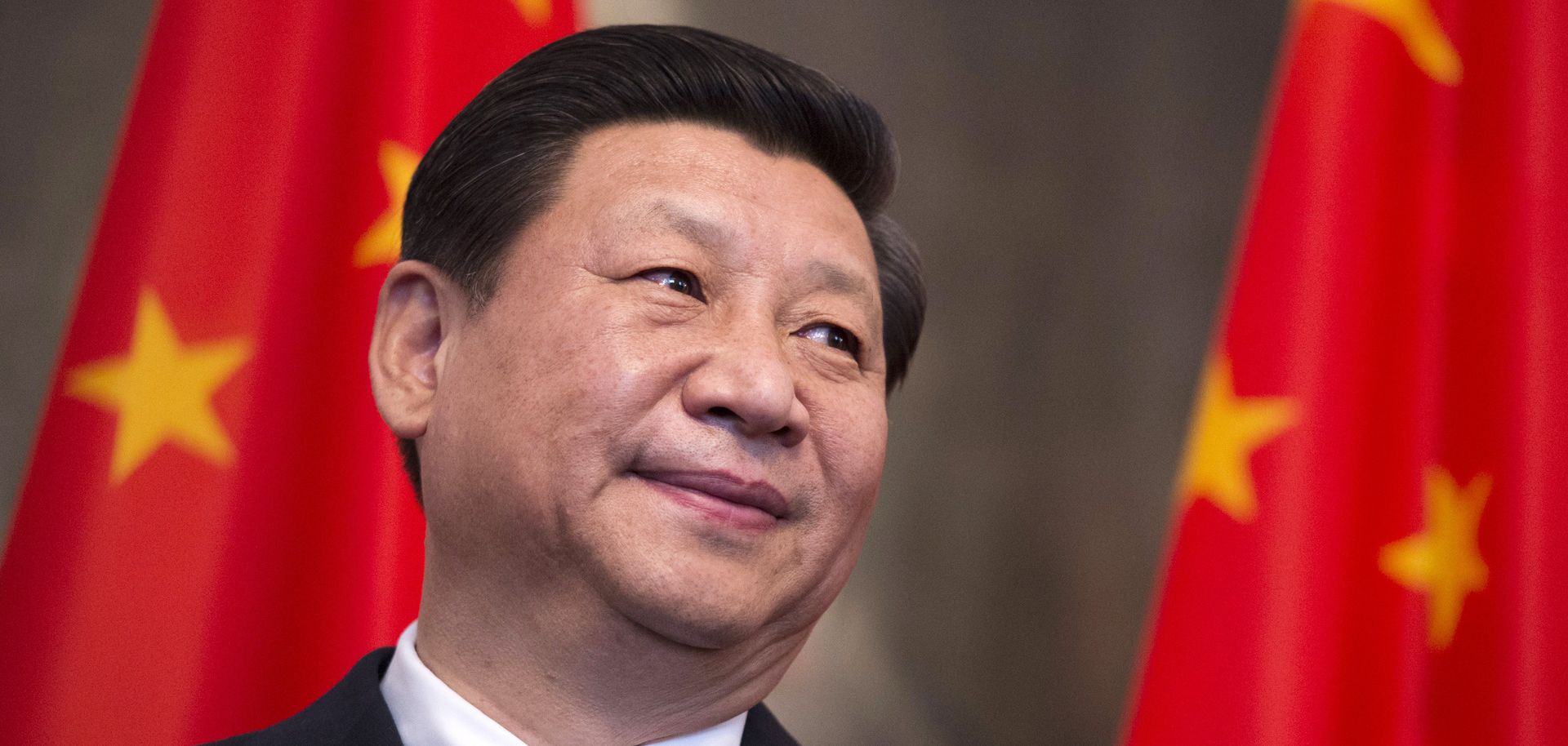ASSESSMENTS
Xi's Anti-Corruption Drive Echoes Imperial China
Aug 15, 2014 | 21:23 GMT

(JOHANNES EISELE/AFP/Getty Images)
Summary
Editor's note: Stratfor Senior East Asia analyst Zhixing Zhang penned this essay about the ways in which Chinese history animates today's events.
Not even two years after Chinese President Xi Jinping took power, China has been shaken by its largest anti-corruption drive since the post-Mao period. Xi's government has investigated nearly 200,000 officials across numerous government bureaucracies, regions, state-owned enterprises and security apparatuses, including the military and police force. The campaign reached a new peak in late 2013 after a formal announcement that Zhou Yongkang, a former member of the Politburo Standing Committee, was under investigation for corruption. Zhou is the most senior Chinese official to be investigated for corruption since Communist rule began in 1949.
Many see Xi's ongoing campaign as an effort to rein in the excesses of official greed and influence peddling that are the inevitable result of China's tumultuous two-decade transition into an export powerhouse — an endeavor that is now slowing. This is a valid view. Corruption is among the largest challenges of dealing with China cited by the West — the international diplomats, ratings agencies or potential investors for whom China is synonymous with both corruption and a recent surge of economic, military and political might. However, the corruption campaign also reflects Xi's efforts to consolidate power and reconstitute the Party amid a multitude of challenges. Corruption, reform and the decline of dynasties leading to systemic change have been an enduring cycle throughout Chinese history. Xi's campaign matches historical trends that come into focus only with a look back at earlier eras of deep transition, particularly the Qing dynasty, and the transformation of the relationships of the centers of imperial power.
Subscribe Now
SubscribeAlready have an account?
